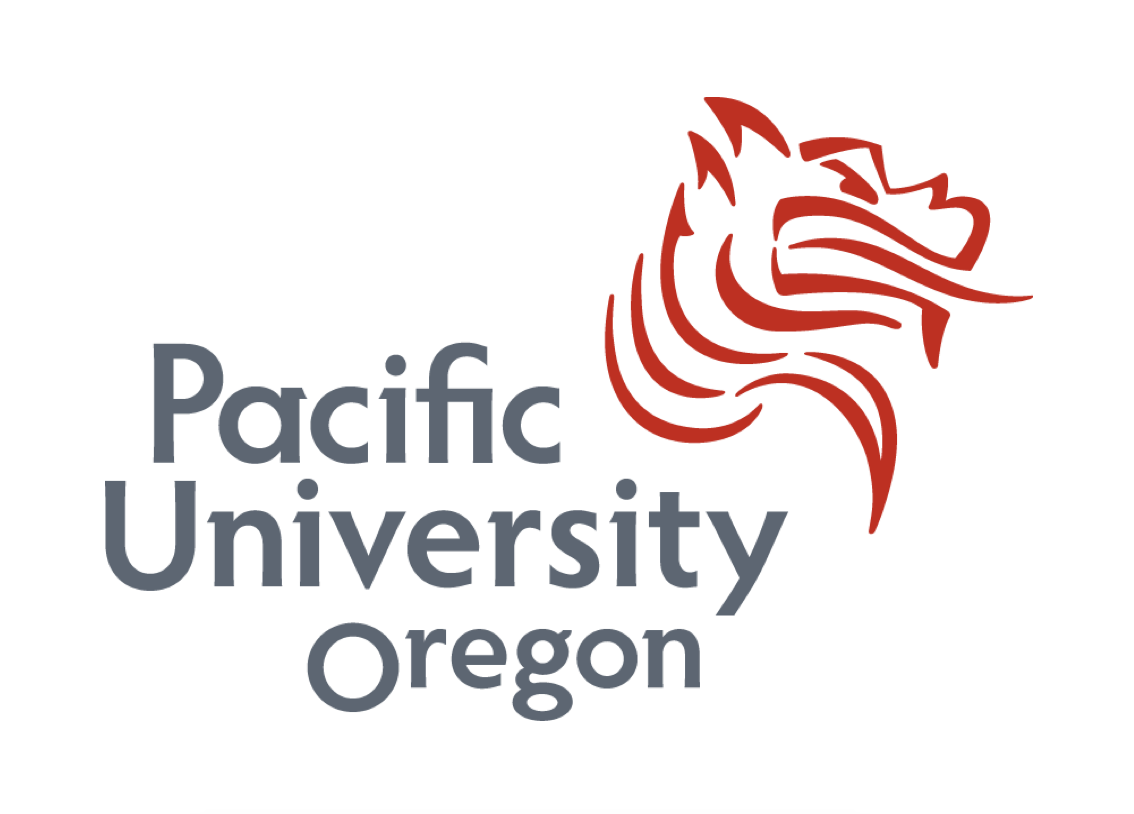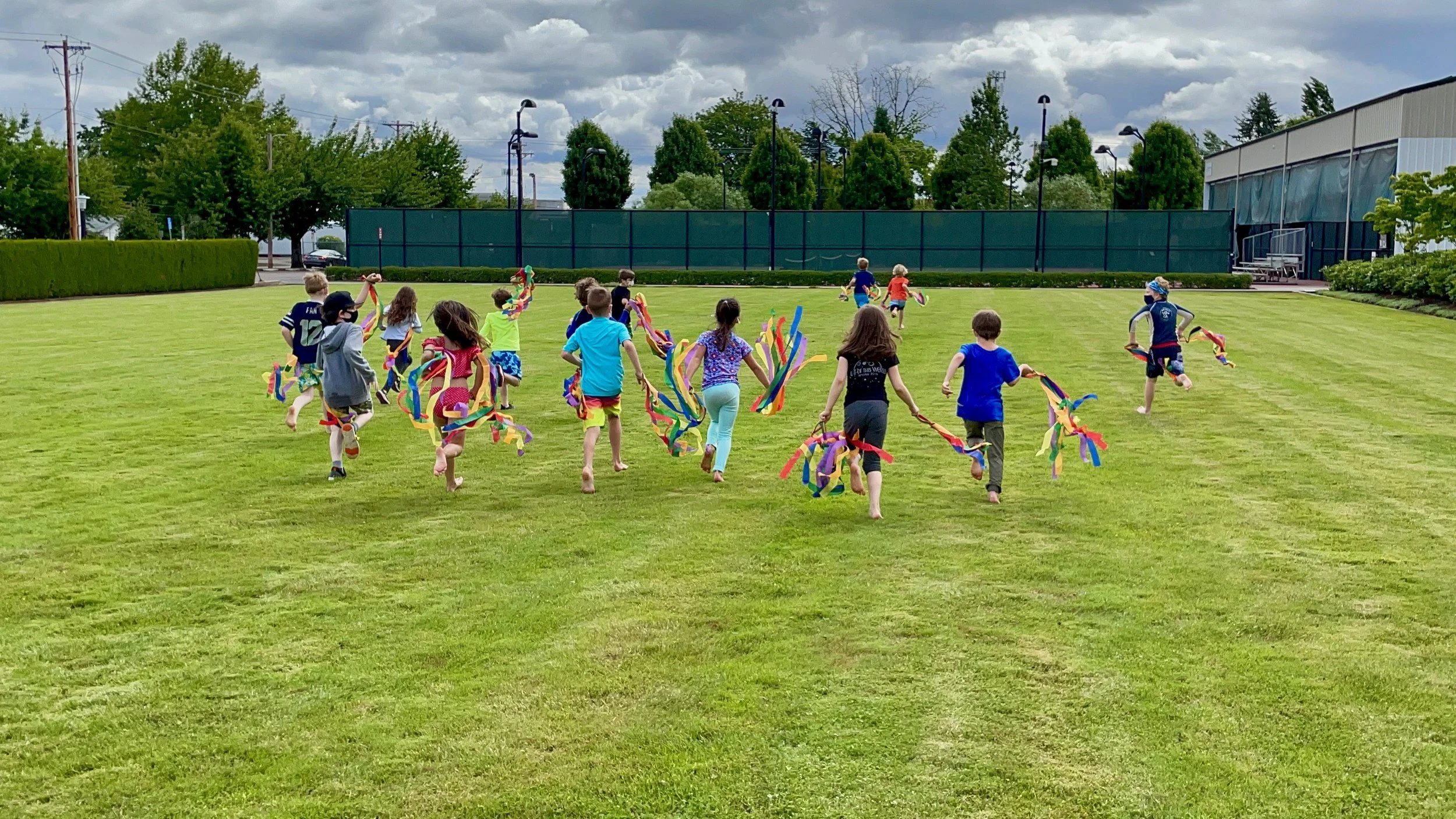Daily Schedule
Arrival & Project Exploration 8:30-9:10
Upon arrival students complete a literacy, numeracy, science, or art check-in task with a teacher and then choose a classroom center where they would like to explore. Classroom centers are designed to encourage collaboration, problem-solving, and self expression. Teachers intentionally design centers that encourage students to deeply explore materials and ideas related to our current themes. Sometimes parents or volunteers visit to introduce students to new hobbies or cooking activities. This is an important time of day where students have ample opportunity to practice executive functioning skills and must do the challenging work of problem solving with peers as conflicts inevitably arise. Once a week during project time students will meet with a teacher for small group reading instruction. This is also a time of day where students who are struggling in an academic area can receive individualized support from teachers.
Morning Gathering 9:15-9:40
The class comes together during our morning meeting to share ideas they discovered and projects they created during their project exploration time. We engage in literacy work through reading our morning letter and singing songs. We also explore math concepts as we discuss the calendar, build numbers with place value blocks, practice counting coins, and write equations using a variety of operations.
Outside Choice on Campus 9:40-10:10
During our first outside choice time we gather in a large grassy area on campus. Students have the opportunity to engage in gross motor activities such as running, jumping, throwing and catching. Ms. Sam will frequently lead a group game that involves playing by a shared set of rules. Sometimes students engage in shared dramatic play activities during this time. This time of day provides rich learning opportunities for students as they practice self-regulation skills. They must grapple with feelings of frustration and engage in social negotiations to determine what to play, whom to play with, and how to play the games.
Snack and Read Aloud 10:15-10:30
Students are encouraged to bring a healthy snack from home to eat during our morning read aloud. This is a time for students to fuel their bodies as they connect with peers and discuss ideas related to our morning read aloud.
Numeracy 10:30-11:15
Math block begins with a mini-lesson. Then students work individually, with partners, or in small groups to engage in a variety of math activities. This involves learning math concepts through board games, hands-on explorations, spirited discussions (with much questioning and proving), and traditional paper and pencil math. We draw on many math resources to teach math including Jo Boaler’s Mathematical Mindsets, Bridges math curriculum, and hands-on math projects that are related to our thematic unit studies.
Unit Study 11:15-12:00
During content time students are immersed in thematic studies of science or social studies topics. These topics are often also integrated during our literacy and numeracy blocks. Our thematic explorations involve hands-on projects, artistic expression, reading, writing, speaking, and math. Some units that we may be studying this year are: Me & My Community (geography, mapping, history), Salmon Migration, Indigenous People, Traditions Around the World, Light & Sound, Earth & Moon, Geology, Wetland Animals & Ecosystems, Insect Life Cycles. Our unit study activities take place in our outdoor classroom, indoor classroom, and out and about on field studies.
Outside Choice in Outdoor Classroom 12:00-12:30
Students have the opportunity to explore nature in our outdoor classroom where there is a pond, meadow area, mason bee house, pollinator garden and engineering sandbox. Students engage in gross motor activities as they run, jump, climb, and build. Students also use natural building materials such as stumps, bamboo poles, and planks to create large structures. This time of day provides rich learning opportunities for students as they practice self-regulation skills. They must grapple with feelings of frustration and engage in social negotiations to determine what to play, whom to play with, and how to play the games.
Lunch 12:30-1:00
Students are encouraged to bring a healthy lunch from home that contains all the food groups. For half of lunchtime students focus primarily on their eating as they enjoy our chapter book read aloud. For the other half of lunch they have the opportunity to converse with classmates as they continue to build those social connections.
Word Work 1:00-1:25
This year we will be using the UFLI Foundations curriculum. UFLI Foundations targets the following foundational reading skills:
Phoneme blending and segmentation practice
Accuracy and automaticity of grapheme-phoneme correspondences
Decoding automaticity of words with previously learned concepts
Explicit introduction of new concepts
Decoding and encoding practice
Reading and spelling irregular words
Reading and spelling connected text
Treasured Reading 1:25-1:40
Students meet with teachers in guided reading groups to receive targeted , small group instruction or engage with “just right” texts independently.
Writer’s Workshop 1:45-2:15
Writer’s workshop starts with a mini-lesson, followed up an opportunity for students to work on their own writing pieces, and concludes with a reflection or sharing component. Throughout the year students will work on a variety of pieces including personal narratives, expository texts, persuasive pieces, letters, and poetry. Students are active participants in the writing process which involves brainstorming, writing, revising, editing, and publishing. Throughout the year there will be Authors’ Celebrations to celebrate student growth and provide students with an opportunity to share their published pieces with an audience.
Afternoon Gathering 2:15-2:30
We come together at the end of the day to reflect on our time together and share our highlights and frustrations. Sometimes we use this time to do a calming meditation before we transition to home or aftercare.
Pick Up 2:30-2:45
At 2:30 regular pick-up students will move to the back of the elementary hallway with their backpacks. Please come to the back of the hallway to pick up your child and plan to bring your ID. After picking up your child you’ll sign them out in the Otter binder that is near the exit. During this time our aftercare children will be reading or engaging in guided meditation with Ms. Sam before transitioning to aftercare.

